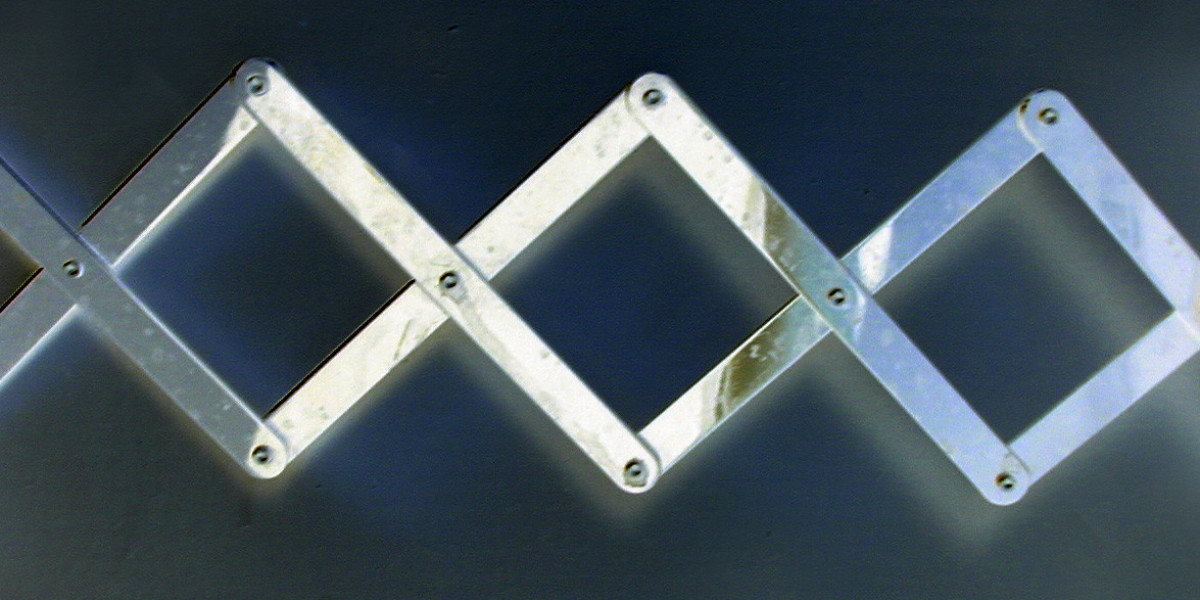The mechanism behind KPV’s action is thought to involve interaction with a specific receptor complex on immune cells. When mast cells are triggered by an allergen or irritant, they release histamine, tryptase, and other substances that propagate inflammatory cascades. KPV binds to a site that interferes with the signaling pathways normally responsible for degranulation, thereby preventing the full release of these mediators. Additionally, it may influence intracellular calcium levels, which are crucial for mast cell activation. In gut epithelial cells, KPV appears to reinforce tight junctions, reducing the translocation of luminal antigens that would otherwise stimulate an immune response.
Beyond its impact on mast cells and the gastrointestinal tract, KPV has been shown to have broader systemic effects. In experimental models of arthritis, it reduces joint swelling by lowering levels of pro-inflammatory cytokines such as tumor necrosis factor alpha and interleukin 6. In lung tissue, it mitigates airway hyperresponsiveness and mucus production in allergic asthma models. Some studies suggest that KPV can also modulate the activity of macrophages, encouraging a shift from a pro-inflammatory phenotype to one that promotes healing and resolution of inflammation.
Because KPV is a small peptide, it is generally well tolerated when administered by injection or orally in formulations designed for slow release. However, as with any biologically active compound, there are potential side effects that warrant monitoring. One area of concern is the liver, which is responsible for metabolizing many peptides and proteins. In animal studies, prolonged exposure to high concentrations of KPV has occasionally led to elevated liver enzymes, indicating mild hepatocellular stress or inflammation. While these findings were reversible after cessation of treatment, they suggest that patients with pre-existing liver conditions should be monitored closely if KPV therapy is considered.
Other reported side effects include transient local reactions at injection sites such as redness, swelling, and discomfort. Systemic symptoms are rare but can encompass mild headache, dizziness, or a sense of fatigue, particularly when starting treatment. Because the peptide interferes with mast cell activity, http://hikvisiondb.webcam individuals who rely on these cells for normal immune surveillance—such as those with certain immunodeficiencies—might experience altered responses to infections.
In summary, KPV is a promising anti-inflammatory agent that calms mast cells, supports gastrointestinal integrity, and reduces inflammation across multiple organ systems. Its action centers on disrupting mast cell degranulation pathways and reinforcing barrier functions. While generally well tolerated, clinicians should remain vigilant for liver enzyme elevations and other mild systemic effects, especially in patients with underlying hepatic disease or compromised immune function.








